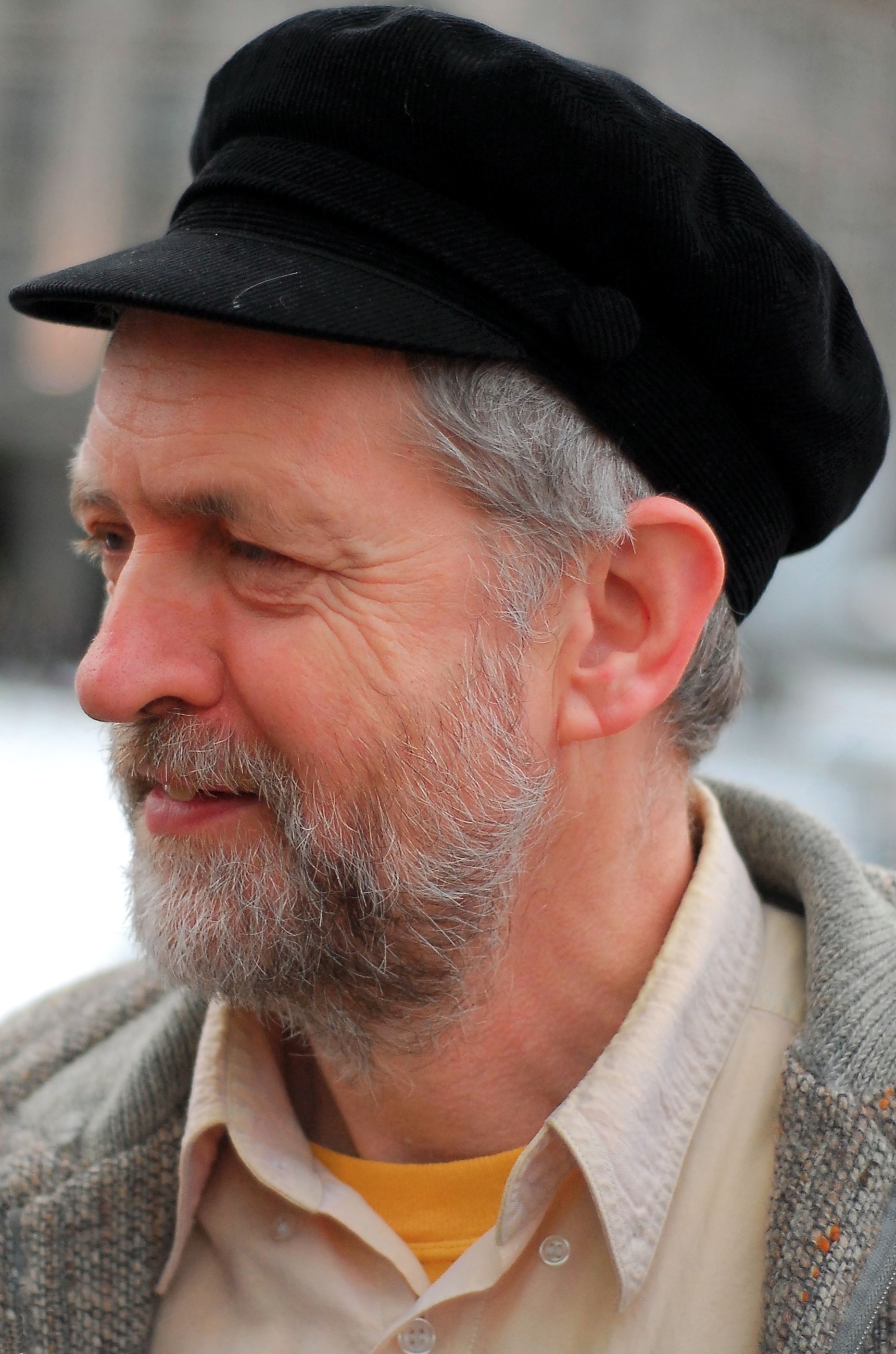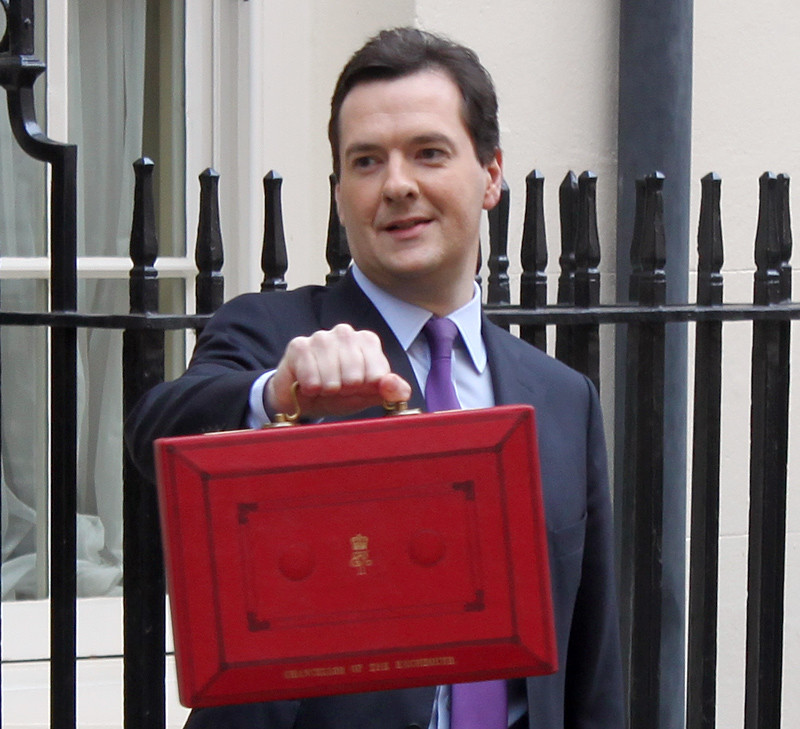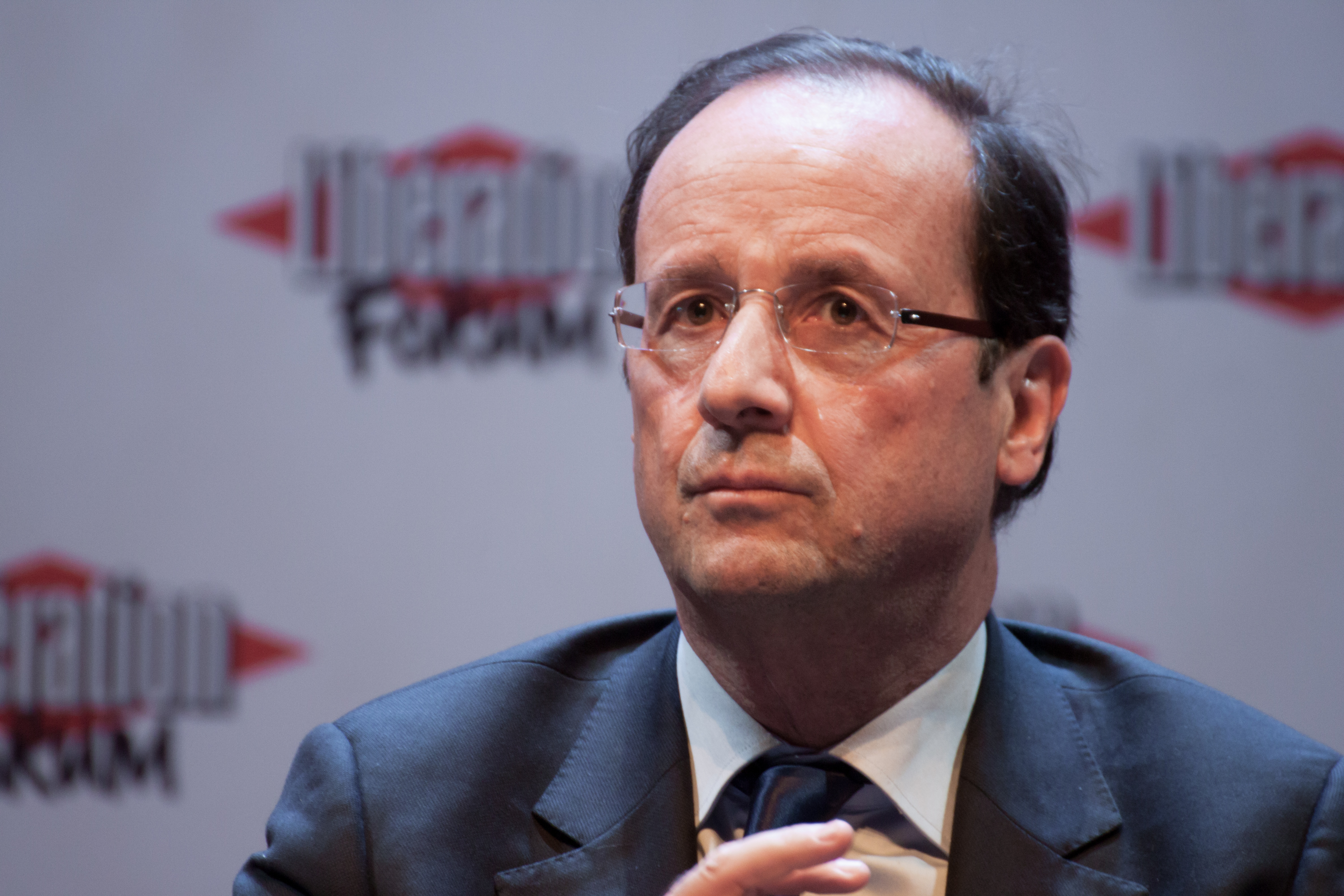Some politicians go down in history, because they get to the top. Some are remembered because they get so far, and then fall even further. Some do both.
One of the first major political scandals of the postwar years.
The West was locked in a stalemate with the Soviets. A group of cool-headed minds on both sides were all that kept Planet Earth from becoming a radioactive wasteland.
In this era of Mutually Assured Destruction, a government minister, called John Profumo held the spooky title, Minister for War. It was a role that had existed since the 1790s. Profumo's job was equivalent to the job done by the Secretary of State for Defence nowadays.
A house party in the summer of 1961 was where it all started. Viscount Astor, a wealthy Conservative MP-turned-peer had invited a load of big names in the world of politics and the arts, to his home, Cliveden House.
John Profumo was in attendance at this party, when he saw a young woman, frolicking in the swimming pool on the grounds of this lavish house.
Her name was Christine Keeler. She was a model, attending the party as a plus one, alongside close friend and socialite, Stephen Ward.
Keeler would engage in a short affair with John Profumo, soon afterwards, but there's no definitive information how long it actually was. However, controversy would later arise, when it was alleged Keeler had simultaneously been conducting an affair with a Soviet naval attaché, Yevgeny Ivanov.
If this was true, the government minister responsible for the security of the country was actually compromising it, all because of the company he chose to keep.
The scandal led to Profumo resigning, after essentially lying to the Commons about the affair. A trial also ensued, relating to Stephen Warrd being accused of living off immoral earnings (an old-fashioned way of saying prostitution).
Viscount Astor found himself dragged into the story too, and was even accused of having an affair with Mandy Rice-Davies, a friend of Keeler.
One of the most memorable moments of the Ward trial was when Astor's defence counsel insisted Astor had not conducted an affair with her, to which Rice-Davies was quoted as having said "Well, he would, wouldn't he?".
This riposte is so memorable (and often misquoted), because many believe it represented a shift in mood, from a stiff-upper lip society in the early 20th Century, to a less deferential one, in the 1960s; a more permissive Britain, where no guilty politician could bury their secrets any longer.
The Tory government failed to recover from the fallout of this scandal, as well as the fallout from a weak economy, in the early 1960s,
This Tory government was eventually ousted by Harold Wilson's rejuvenated Labour Party in October 1964. Some would go as far as to say, the Profumo Scandal was simply the straw that broke the camel's back.
2.) The Ousting of Margaret Thatcher (November 1990)
.jpg) |
| Margaret Thatcher's ousting in 1990 was quick and final - "Treachery with a smile on its face", she would later recall |
Few moments of British political history are so brutal as the ousting of Margaret Thatcher, in November 1990.
Mrs Thatcher won three successive elections, curbed union powers and rolled back the state. These achievements were only really possible, thanks to the lack of a powerful opposition. The Labour Party slumped into a depressive episode, following the 1979 and 1983 election losses.
By the late 1980s, the government assumed (mistakenly) that their reforms had created a sustainable economic recovery. In actual fact, they had fueled a credit boom and a housing bubble.
The days surrounding Mrs Thatcher's political demise were dark ones indeed. The unsustainable boom had turned into a bust.
Mrs Thatcher had attempted to introduce the controversial Poll Tax, and she had alienated herself from her own government colleagues.
Mrs Thatcher could have quite probably clung onto power on into the 1992 election, if it wasn't for the fact that her own party had lost faith in her. They had launched a leadership bid against her. The move was highly unusual and unprecedented, in the post-war era.
In a move she would later describe as
"treachery, with a smile on its face", Mrs Thatcher was approached by colleagues, and told that she probably could not actually win a second ballot for the party leadership.
On a chilly November morning in November 1990, Mrs Thatcher tearfully spoke to the press, announcing her resignation as Prime Minister and Tory leader. The Iron Lady had rusted away.
Mrs Thatcher and her husband Denis jumped into a waiting car, and in one photograph taken of her departure, Mr Thatcher can be clearly seen, giving one last look at the house she had called home, for 11 years, as tears stream from her eyes.
3.) John Major's "Back to Basics" campaign
 |
| John Major's "Back to Basics" campaign opened the Tories up to accusations of hypocrisy in the 1990s |
John Major had the mammoth task of being the British Prime Minister who succeeded Mrs Thatcher. He had been risen through the ranks of the Conservative Party, since becoming an MP in 1979.
Mrs Thatcher's Iron Lady had been ditched in favour of a quite plain-speaking politician, who would have been well-suited to the era of Tory government in the 1950s.
However, John Major had assumed the role of PM at a time when deferential attitudes had been utterly exhausted. He lacked the charisma to re-energise his party, and prepare it for future government.
Spitting Image, a satirical puppet-Punch and Judy style programme, openly mocked politicians on a weekly basis. In her prime, Mrs Thatcher was depicted as having crazy boggly eyes.
In the more satire-driven times of the 1990s, John Major seemed a little bit like a grainy photocopy of a Tory leader.
He could make a speech to excite the country's conservative heartlands, but it just wasn't enough to win over the entire electorate. It was no surprise that Spitting Image decided to make his puppet completely grey.
Following a brutal recession, Major had only just scraped through and won the 1992 election.
The jubilation at the prospect of a fourth term for the Tories was short lived; by September, the UK had been forced out of the ERM, a currency system that served as a precursor to the Euro.
In a desperate bid to win back the electorate, John Major made a teeth-curling appeal to get Britain
"Back to Basics", in the 1993 Tory party conference.
Major envisioned Britain in the year 2043; a Britain of
"long shadows on cricket grounds...warm beer" and, to quote George Orwell,
"old maids bicycling to holy communion...".
Major's words came back to haunt him and his government, when
numerous scandals started to emerge, involving his own MPs. It would be fair to say Major was like a supply teacher, dealing with a rowdy class. He commanded little authority over his government.
Some Tory MPs found themselves caught in compromising sexual scandals. Others were accused of sleaze. The Tory party's deputy chairman resigned in 1994, after calling the Germans
"warmongers".
History seems to have repeated itself for the Tories in the 1990s. It took them over twenty years to win another election outright. You'd expect the party faithful will have learned their lesson by now.
4.) MPs's expenses scandal (2009)
This scandal had been brewing in secret for many years. It was a testament to the Freedom of Information Act 2000.
Journalist John Ungoed-Thomas sent an FOI request to see MPs' expenses in the mid 2000s, and was followed by journalist/freedom of information campaigner Heather Brooke.
Intriguingly, MPs in the 2005-10 Parliament made attempts to exempt themselves from the FOI Act, in votes on the floor of the chamber.
By 2008, a tribunal decided that the expenses of 14 MPs could be published. In early 2009, Harriet Harman, the then-leader of the House of Commons, tabled a motion in the Commons, to try and prevent any further information being made public.
However, the tide of public opinion turned on Harman, Eventually, it was agreed that full disclosure would be made on 1st July 2009. However, the Daily Telegraph newspaper paid for an early scoop, and leaked the story in May.
One MP was revealed to have filed expenses for a duck house. Others had used theirs to fund second homes, and travel arrangements. In the runup to the 2010 general election, a phrase was swirling around, with newspapers dubbing this batch of MPs
"the Rotten Parliament".
Some MPs were put on trial as a result of the scandal. It damaged the public's trust in Parliament, but was especially devastating for the incumbent Labour government, under Gordon Brown.
Brown never recovered his fortunes, and Labour suffered a devastating defeat in the following year's general election. Labour remains in opposition to this day, and trust in Parliament has yet to fully recover from this scandal.
5.) The "Call Me Dave" scandal
A story that has just started to fade from the day-to-day headlines is the publication of an authorised biography of David Cameron, satirically titled "Call Me Dave".
In conjunction with Sunday Times journalist, Isabel Oakeshott. Lord Ashcroft penned a book which made a series of controversial and highly questionable claims about the Prime Minister.
One such allegation involves a distasteful ritual involving the Prime Minister and a pig's head, when he was a student at Oxford University. Doubts have surfaced, however about the truth of the matter.
The ritual was alleged to have been needed for students to enter the so-called Piers Gaveston society.
However, those close to the Prime Minister, plus other commentators have been quick to repudiate claims that he was even a member of the Piers Gaveston society.
It's also doubted that such rituals even took place. Lord Ashcroft and Isabel Oakeshott insisted that a reliable source, a current government minister, who also went to Oxford, had approached them.
The pig head story is based on claims made by this mysterious source, that photographic evidence actually existed of the ritual, but it remains to be seen, if it even took place.
The scandal in this story isn't so much the allegations in the book itself. The scandal emerges from the fact that the biography sounds quite like a revenge piece.
Lord Ashcroft had provided the ailing Conservative Party with much support over the years, yet had not been given any senior ranking government jobs, when the Coalition was formed.
It is written in a similar vein to Valerie Trierweiler's book, "Merci Pour Ce Moment", in which French President Francois Hollande's ex-girlfriend made a serious of shocking allegations, after it had emerged he had allegedly conducted an affair with a French actress.





.jpg/1280px-'The_Sun'_bus_(9661587335).jpg)














.jpg)









